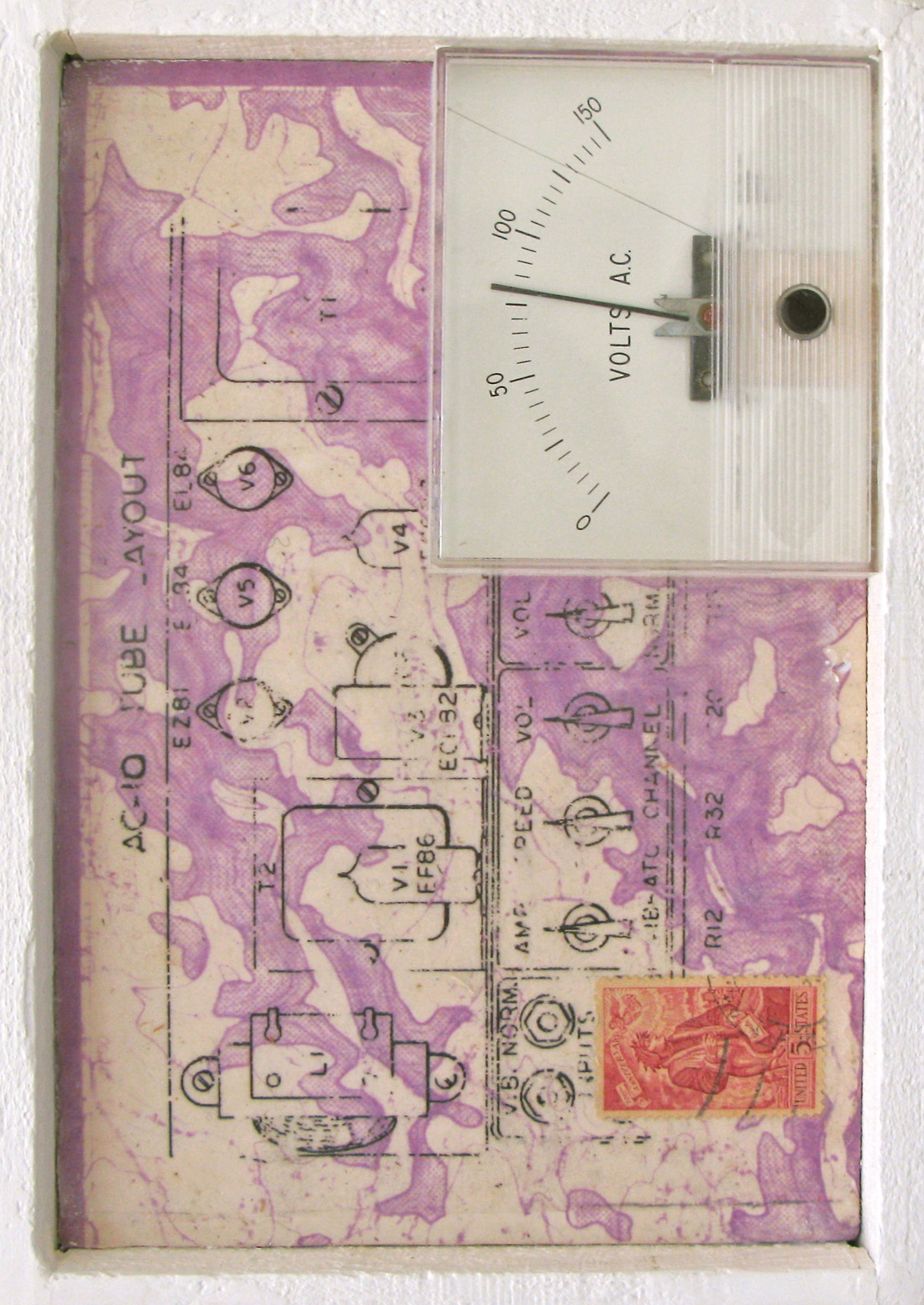I just sat through several hours of SiriusXM's "The Coffee House" radio station while I was grabbing some Internet and espresso at a tiny café. The endless parade of shitty cover songs, neutered music, stupid lyrics and over- emoted phoney-ass singers was too much to take. I get the concept of music that fits the trappings of a coffee shop - they're obviously not gonna blast Neurosis or Whitehouse while customers order lattes and sandwiches. But fuck me; I know there is a lot of decent music out there that would fit the bill without sucking the life out of the room. The few times Neil Young, k.d. lang or Chris Isaak popped up it was like the clouds parted and we heard a real artist with something actually going on - for a moment. So I escaped that sonic hell, went home and happened to pop on Michael Kiwanuka's Home Again debut album. Here is proof that you can create somewhat subdued new music without sucking ass, while drawing inspiration from real icons like Bill Withers and Curtis Mayfield. It immediately drew me in and made me curious as to what he was singing about. Produced by Paul Butler [Tape Op #75] from The Bees (known A Band of Bees in the US) over two years at his Steam Room basement studio on the Isle of Wight, this record is both laid- back and compelling. It sounds like a classic era of record-making while, at the same time, sounding quite modern. Or, as Paul told me over pints last summer, "I don't make retro records." Fair enough Paul, you make great records! Thank you. -LC
To chime in with Larry, this record is so good! I figured I'd give Paul a call and catch up with him a bit and find out a bit more about recording Home Again. When I first met Paul, and we were working together on Devendra Banhart's What Will We Be, he was a die-hard analog guy and a committed tape user. When the 1" 8-track we were using on that project died, he made the move to DAWs and hasn't looked back. Home Again was tracked to Logic using his SBC (Swedish Broadcasting Company) germanium console. If he felt the digital tracks were a bit sterile, he'd bounce them to his 1/4" Studer B62 machine and back to Logic. Most of the acoustic guitars and some of the vocals and drums were treated this way. Michael played acoustic guitar and sang while Paul played nearly everything else except strings, which were done by Andy Parkin from the Bees, one track at a time. It's a testament to the time and care put into this album, and to Paul's skills, that these songs sound like a band in a room and not like an 'overdub' record. Paul and Michael spent about 18-20 months working on the record, with a few Bees tours and other projects happening in between sessions. Most of this time was spent on arrangements. "The record was allowed to breathe," said Paul. "Bones" for instance was recorded five times with different arrangements before everyone agreed version three was the keeper. Everything started with acoustic guitar and vocal. "Michael has amazing rhythm," Paul commented, which is surely the glue that holds these songs together so well. When it came time to master the record, Guy Davies at Electric Mastering ran the entire album to a Studer C37 valve tape machine and it was only then that Paul felt the album was finished. "It changed it so much for the better; it just sounded finished then." The vinyl was cut from the tape apparently, and I'm waiting for my friends on tour in the UK to get home and bring me a copy of the import vinyl. I can't wait to hear it! I remember the night after Larry and I had dinner with Paul and Phill Brown in London last summer, Michael was playing in East London and Paul invited us out to the show. But, we were in West London and bit worn out from too many hours and days riding "the tube," so we skipped going to the show. Big mistake. -JB <michaelkiwanuka.com>




_disp_horizontal_bw.jpg)